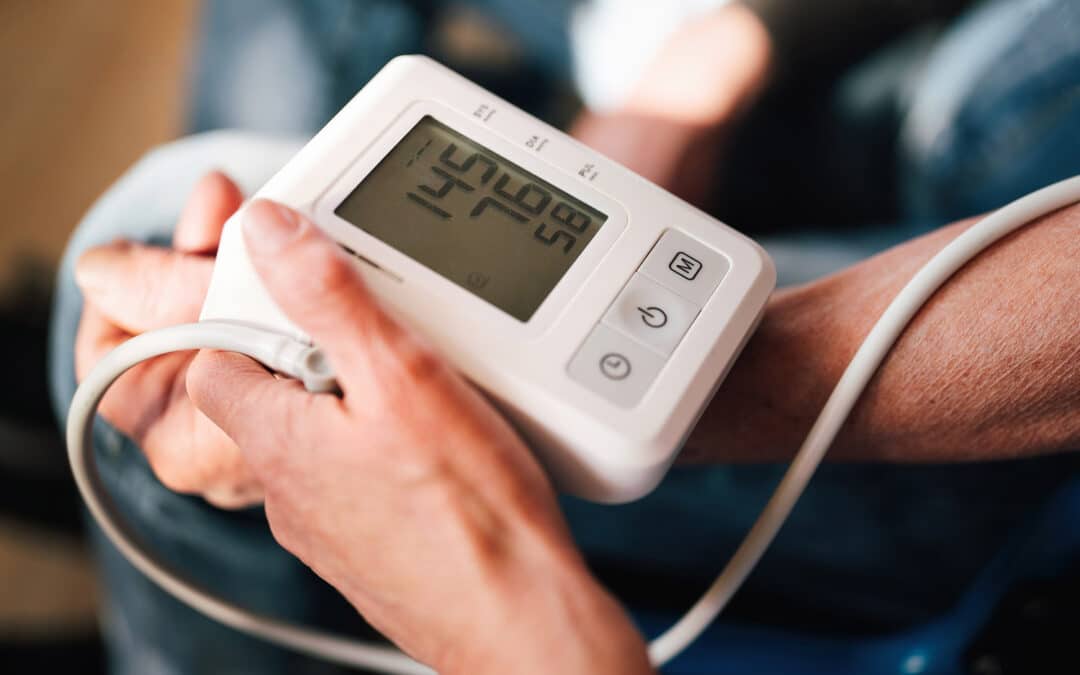Each year in the United States nearly 650,000 people die from cardiovascular disease. Cardiovascular disease includes coronary artery disease, high blood pressure, stroke, and one of its most well-known consequences, heart attacks. You need to make sure that you understand the preparation for the cardiac catheterization process.
In order to diagnose cardiovascular disease before it progresses too far as well as treat some forms of the disease, medical experts devised a procedure called cardiac catheterization (also called cardiac cath, heart cath or coronary angioplasty) in the 1940s. In this blog post, we’ll take a look at what cardiac catheterization entails, including its benefits and risks, so that you can make educated decisions about the procedure for yourself or a loved one. Here is what you need to know for the preparation for the cardiac catheterization process.
For What Reasons Would a Person Need Cardiac Catheterization?
There are several reasons why a medical doctor might recommend a heart catheterization. If, for example, you are showing signs of having a heart problem like, chest pain, difficulty breathing, heart palpitations, heavy sweating, frequent heartburn, dizziness, a blood clot, swollen ankles, or feel constantly exhausted, it might mean that your heart may be in distress.
If so, your medical doctor will want to further evaluate you and a heart catheterization is a safe and effective way to do that. The procedure can give your medical doctor vital and life-saving information including;
- Locate narrowing or blockages in your blood vessels that could cause chest pain
- If you have congenital heart defects (inherited or present at birth)
- Taking a tissue sample or biopsy of the heart
- Measuring pressures and oxygen levels in different parts of your heart
- Look for problems with your heart valves
- To evaluate your heart function and strength of your heart
This information can help your medical doctor to diagnose any heart problems you might have and also prescribe the correct treatment to help it heal or prevent it from becoming worse.
Are You Awake During a Heart Catheterization?
In most cases, yes. You’ll be awake but mildly sedated so that you remain calm and comfortable during the procedure. Some associated procedures that your doctor can perform during the heart catheterization may need to be done while you’re under anesthesia, however, including valve repair or replacement and ablation.
Also, before the flexible tube called a catheter is inserted into your artery, an injection of local anesthesia will be provided to numb the catheter insertion site so that the pain is lessened.
Can you Eat or Drink Before a Heart Catheterization?
No. It is highly recommended that you do not eat or drink anything for at least 6 hours before cardiac catheterization. In some cases, your medical doctor will give you instructions on specific things you can eat or drink during the 24 hours before you have the procedure. Also, if you are taking any type of medication, blood thinners, vitamins, or supplements, your doctor may or may not ask you to stop taking them.
What Does a Heart Catheterization Involve?
There are a few regular procedures that go along with the heart catheterization, all provided by trained medical professionals. They include;
- An IV is inserted into your arm to give you a mild sedative
- Your groin or wrist area is shaved and cleaned
- A local anesthetic is given at the catheter insertion site
- A small puncture will be made and a sheath inserted
- The catheter will be inserted through the sheath and into your artery or vein
- The catheter may have several different instruments attached to measure different things in your heart, take blood samples, collect tissue, and view the inside of the heart
- The doctor will then remove the catheter from the insertion site.
What Other Procedures Can Be Done During a Heart Catheterization?
There are several things that your medical doctor can do while the heart catheter is inserted, using different tools that are attached to the tip of the catheter tube. They include;
- Coronary angiogram– This is when contrast dye is injected through the catheter into your coronary arteries so that X-rays can be taken. (It’s also called coronary angiography.)
- A Biopsy- This is when heart tissue is collected for examination
- An Angioplasty- This is when the balloon catheter is used to clear an artery that’s narrowed or blocked
- A Valvuloplasty- This is when the catheter is used to widen a heart valve opening has narrowed
- Stent placement– A stent is a small, mesh tube usually made of metal to prevent the artery from closing. It is normally inserted after an angioplasty
- Repair of heart defects
- Valve replacement
- Heart Ablation
How Serious is Heart Catheterization?
As with any medical procedure where there is an insertion of a foreign object into the body, heart catheterization does have a few risks. The truth is, however, that the risk of death is very small as the risk of major complications is very low. Most of the risks involve damage that can heal if not too severe. They include such things as;
- An allergic reaction to the contrast dye
- An Infection where the catheter is inserted
- Damage to the artery used to insert the catheter
- Damage to the heart itself
- Bruising where the catheter is inserted
- Bleeding at the catheter insertion sites
- Heart attack
- Stroke
How Long Does it Take to Recover from a Heart Catheterization?
The good news about heart catheterization is that the recovery time is quite short. Most patients can get up and start moving around within 6 hours after the procedure has been completed. If there are no complications, the average person can be completely recovered in about a week to 10 days, sometimes less depending on their age and physical condition before the procedure.
You should expect to feel a bit tired and weak for the first 24 hours after the procedure but not overly so. A good plan would be to rest for at least 48 hours before resuming anything close to your normal daily activities. Also, when having a bowel movement, don’t strain too hard for at least the first 3 or 4 days to prevent opening the catheter insertion wound.
Heart problems are a major health problem in the United States. Heart catheterization is a life-saving procedure with low risk but high rewards in terms of what it can do to detect, diagnose, and treat coronary problems. If a cardiac catheterization is in your direct future, we wish you all the best for a speedy recovery and hope this helps you in preparation for the cardiac catheterization process. For more information about heart catheterization, reach out to the medical experts at Vital Heart & Vein. Your heart is our passion.




